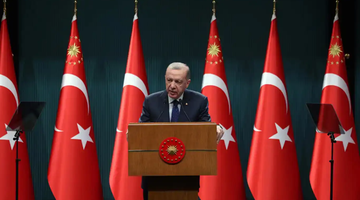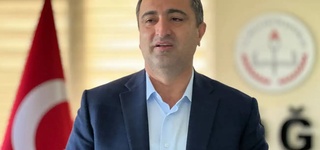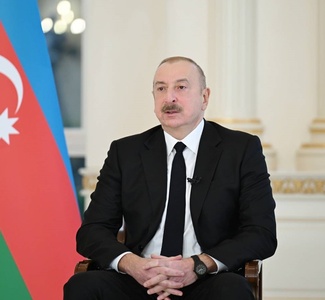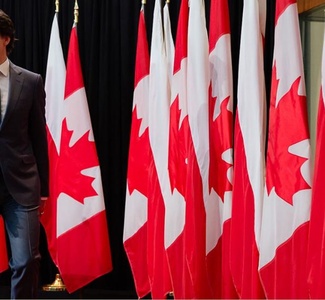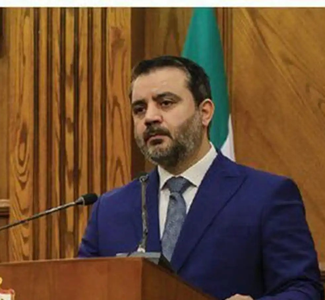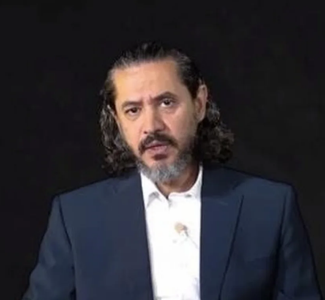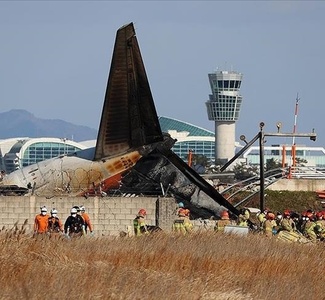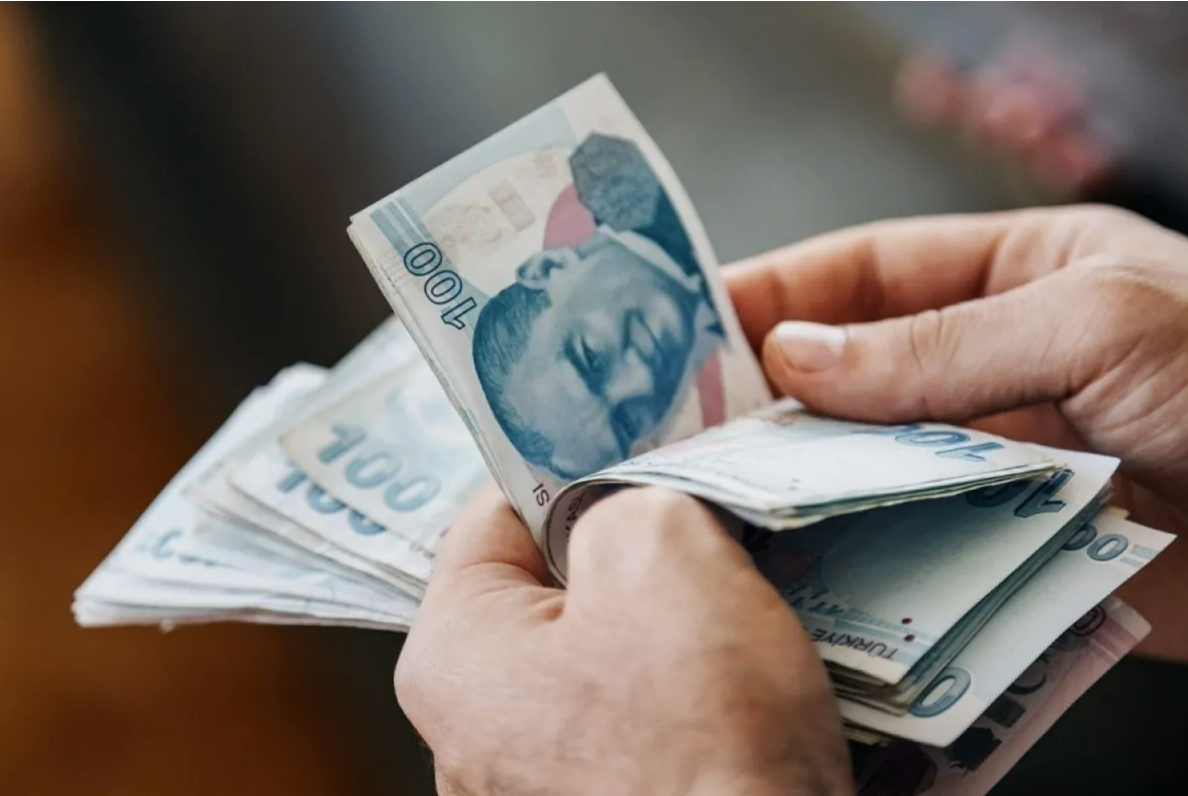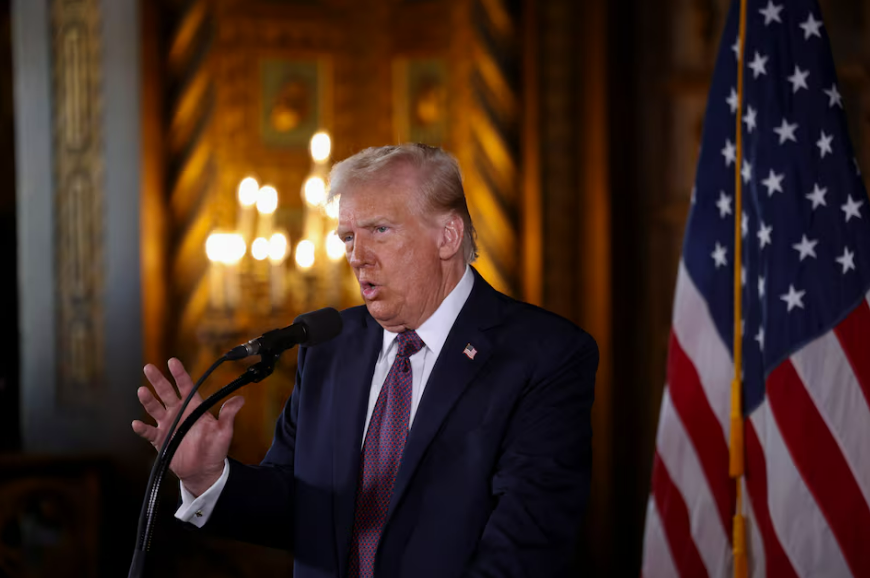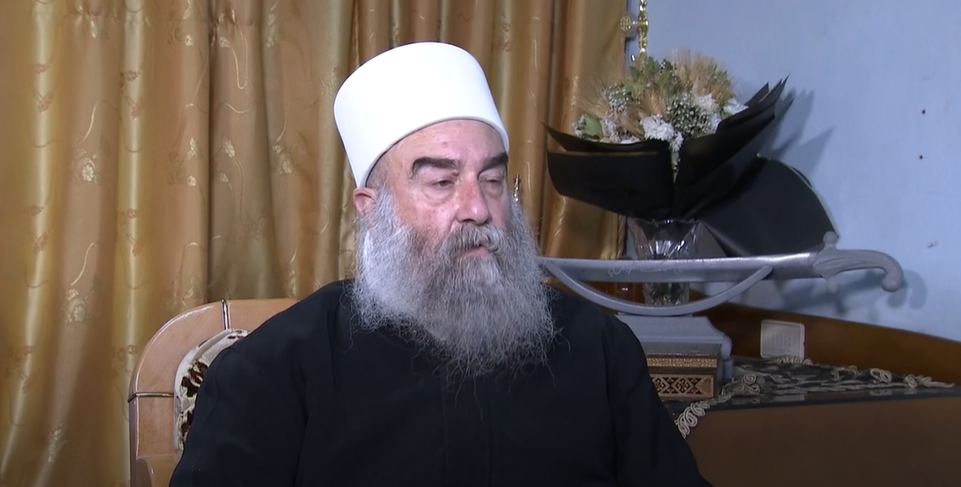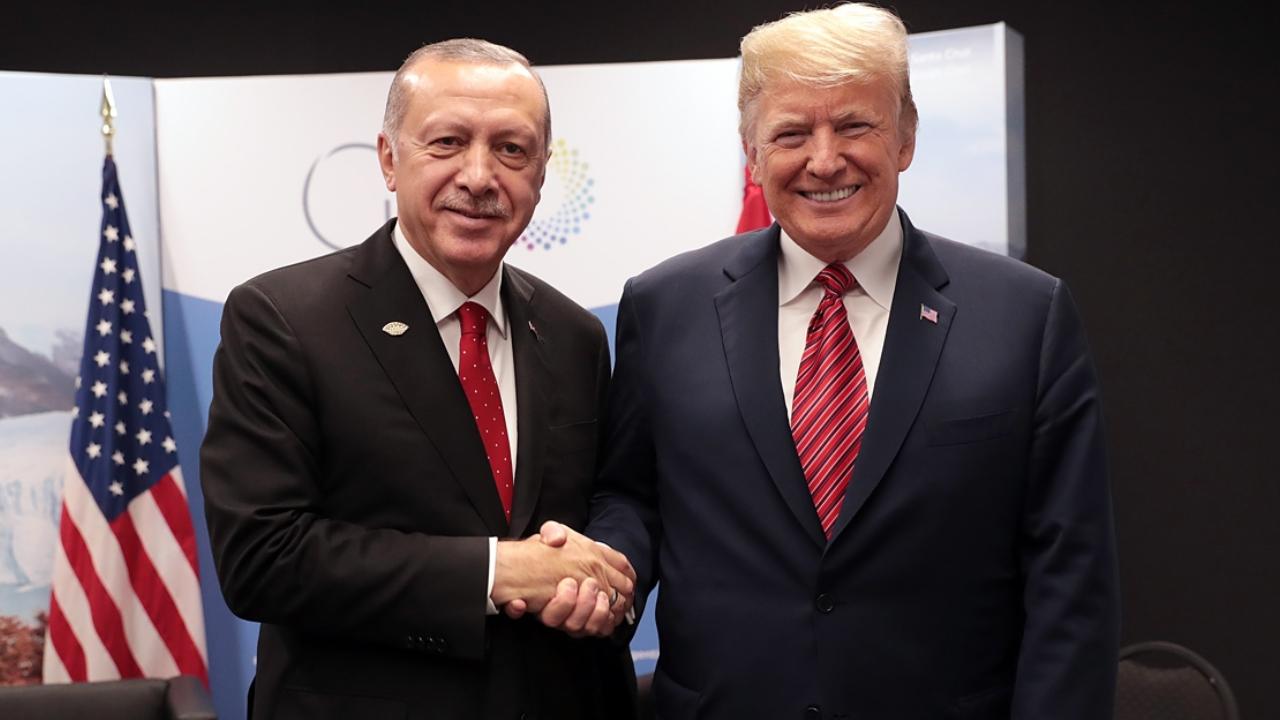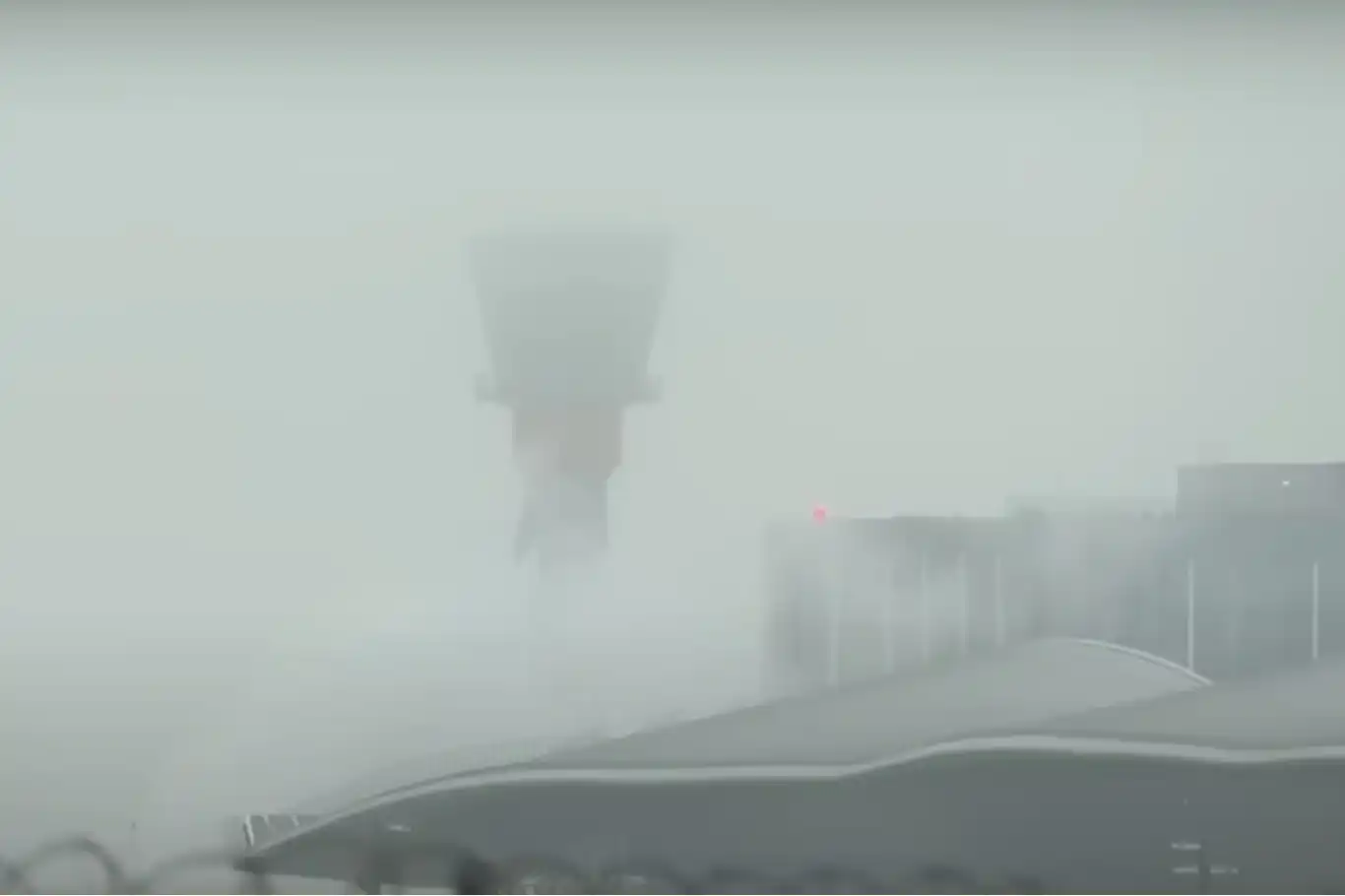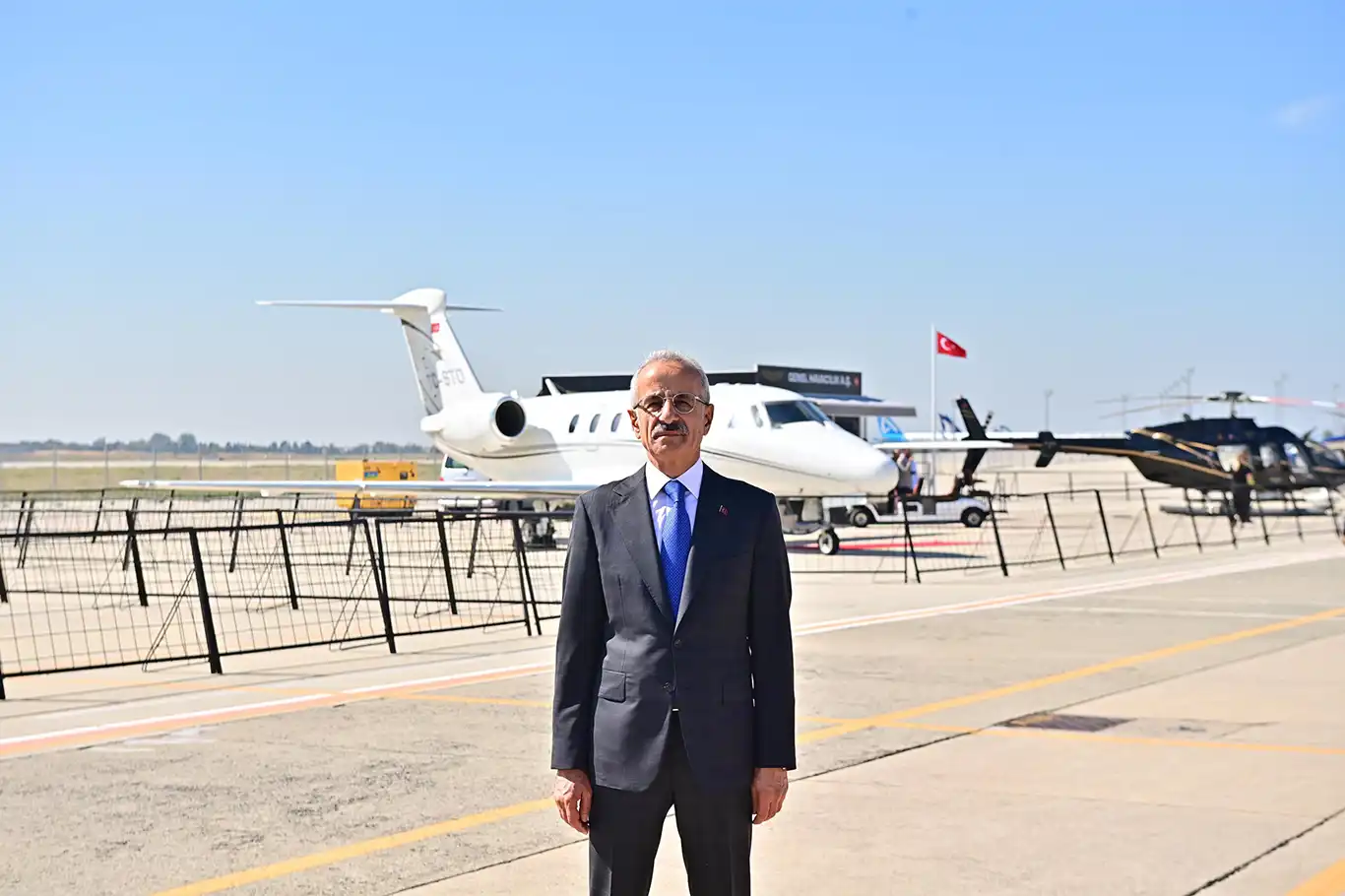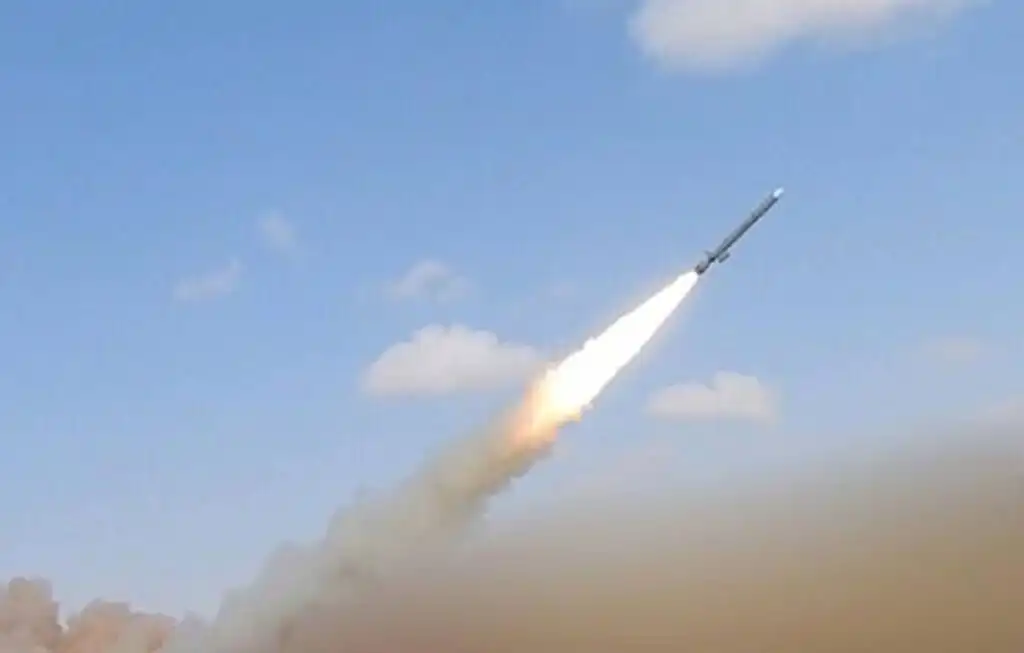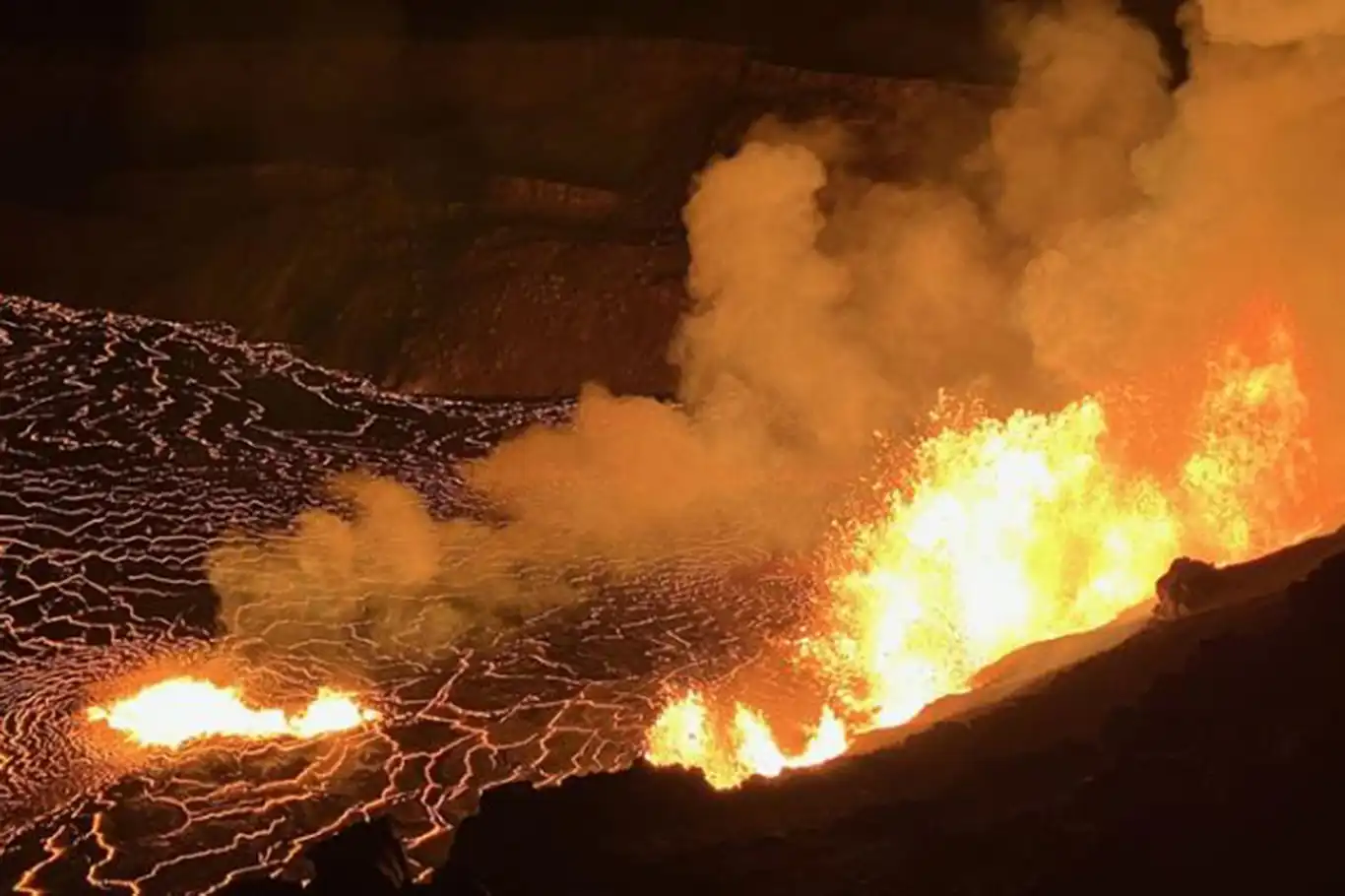Trudeau announces resignation as Canadian Prime Minister amid political turmoil
Canadian Prime Minister Justin Trudeau has declared his intention to resign from his roles as both the leader of the Liberal Party and Prime Minister, once a new party leader is elected.
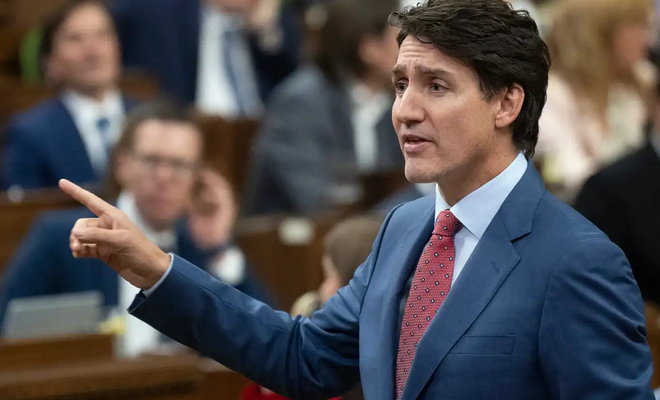
 Google News'te Doğruhaber'e abone olun.
Google News'te Doğruhaber'e abone olun. Addressing journalists at a news conference in Ottawa, the 53-year-old politician stated, "I intend to resign as party leader, as prime minister, after the party selects its new leader."
Trudeau, who has led the Liberal Party for 11 years and served as Prime Minister for nine, cited ongoing political crises as his reason for stepping down. He emphasized his commitment to Canada, stating, "I care deeply about this country and I will always be motivated by what is in the best interests of Canadians." He highlighted the paralysis in parliament due to the longest session of a minority government in Canadian history, announcing that parliament would be suspended until March 24 to facilitate the leadership transition.
The decision comes amidst a series of challenges including threats of tariffs from U.S. President-elect Donald Trump, the unexpected resignation of key ally Deputy Prime Minister and Finance Minister Chrystia Freeland, and plummeting approval ratings reflected in recent polls. These polls suggest a significant defeat for the Liberals in the upcoming general election, which must occur by October 20 but could be advanced.
Trudeau acknowledged the internal strife within his party, saying, "This country deserves a real choice in the next election and it has become clear to me that if I’m having to fight internal battles I cannot be the best option in that election." He also took the opportunity to criticize Conservative leader Pierre Poilievre, warning that his vision "is not the right one for Canadians." Trudeau argued against Poilievre's policies, particularly on climate change, diversity, and media freedom, stating, "We need an ambitious, optimistic view of the future, and Pierre Poilievre is not offering that."
Freeland's resignation was a significant blow to Trudeau's government, with her exit occurring just before she was to present her fiscal update. In her resignation letter, she sharply criticized what she termed as Trudeau's "political gimmicks," notably referencing a two-month sales tax holiday and $250 rebates for workers. She argued that Canada could not afford such measures, especially in light of potential economic retaliation from the U.S.
The Liberal Party's national executive, responsible for leadership matters, is set to convene this week, likely after the party caucus, to begin the process of selecting Trudeau's successor. This announcement marks a pivotal moment in Canadian politics as the country braces for a leadership change amidst a backdrop of economic and political uncertainty. (ILKHA)





























